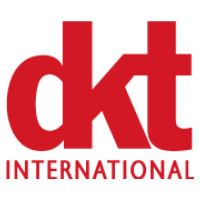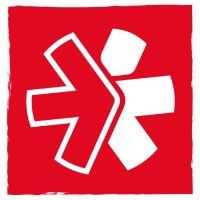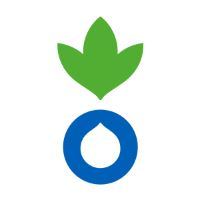

Between 1974 and 1975, most petrol service stations nationwide were characterized by long queues due to frequent severe shortages of petroleum products. The problem was compounded by the haphazard way marketers priced the product on the basis of transportation cost incurred by them. In an effort to solve the problem, the Federal Government set up an inter-ministerial committee comprising of the then Ministries of Mines and Power, and Transport, the Nigerian Ports Authority, the Nigerian Railway Corporation and the Petroleum Products’ Marketers to examine the situation and make appropriate recommendations.
The committee observed that the only variable element in the provision and the sale of petroleum products at uniform price nationwide was the transportation cost. It therefore, blamed the limited local refining capacity and inadequate distribution facilities for the problem. In line with the recommendation of the committee, Government introduced the Uniform Pricing System. In cognizance of the inequality in the transportation cost of distributing products throughout the country, the Petroleum Equalization Fund (Management) Board was established. The Fund which was established by Decree No. 9 of 1975 (as amended by Decree No. 32 of 1989) was charged with the primary responsibility of reimbursing petroleum marketing companies for any losses suffered by them, solely and exclusive, as a result of sale of petroleum products at uniform prices throughout the nation.
The legislative Charter of the Board as provided by Decree No9 of 1975 as amended by Decree No. 32 of 1989 (now Chapter 352 of the Laws of the federation 1990) are:-
To ensure that the Uniform Pricing Mechanism works effectively throughout the country. To apply the laws of the Federal Republic of Nigeria as they affect the Uniform Pricing System, vis-a-vis degree No. 9 of 1975 (as amended by Decree No. 32 of 1989), establishing the Fund and the Board, in ensuring that each existing marketing company complies with the laws regarding the management of the transportation equalisation process. To equalise the transportation differentials in the white product marketing.
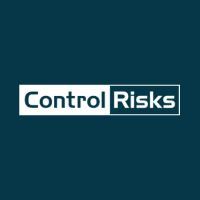
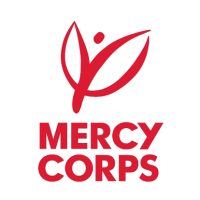

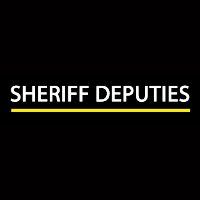
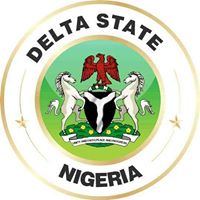
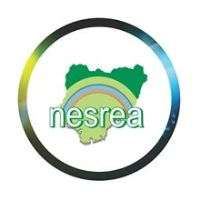
National Environmental Standards and Regulations Enforcement Agency (NESREA)
Public Sector
1,001-5,000 employees
